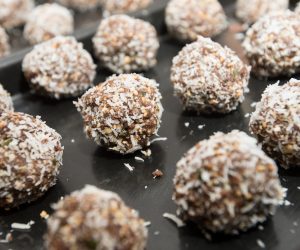Childhood is a critical time for growth and development, and snacks – two healthy snacks daily – should complement the three main meals in meeting a child’s nutritional needs.
Snacking is important for children because their smaller stomachs fill up fast and they burn energy quickly thus, between meals, snacks give their growing bodies the nutrients they need and keep their energy levels steady all day. Therefore, snack foods should be chosen wisely as snacks can play an important role in managing hunger and boosting nutrition. For a snack to be healthy as well as nutritionally balanced, it needs to be composed of at least two different food groups as shown in The Healthy Plate
Whether snacks are eaten at home, on the move, at school, at a sports facility, the following are some suggestions to help you plan and prepare healthy snacks for children (and other family members). With some snack preparation over the weekend, kids will find healthy snacks at hand during the week, to be grabbed on the way out in the morning or as they come home after school.
Healthy snacking suggestions
• Limit the availability of snacks high in sugar, fats and/or salt and the amount you offer. If unhealthy options are not around, your child will have no choice but to choose the healthier option.
• Present 2-3 nutritious snack options and let kids choose. Giving your child a sense of power over the selection is important and goes a long way towards teaching them how to eat healthfully.
• Have fruits and vegetables cut up for easy snacking – Fruits can be eaten on their own, mixed with yoghurt or 100% nut butters or blended with some milk to create smoothies. Vegetable sticks can be enjoyed on their own, are great for dipping and can be easily blended with other fruit in smoothies.

• Prepare individual options of granola, nuts, dried fruit, wholegrain crackers and other wholesome foods in small reusable bags or containers.
• Prepare a batch of savoury or sweet muffins or scones, granola bars, energy balls and a healthy dip, such as hummus, over the weekend and keep in the fridge or freezer.
• Snack time should not be close to meal time – two hours before a meal is a good time frame. Scheduled snacks served at the same times every day give kids a sense of control and also establish that snacks are available only at certain times.
• Set snack boundaries – If you allow children to graze on snacks all afternoon it’s unlikely they will be hungry enough for dinner. Mindless munching while in front of a screen can lead to overeating so limit snacking to the kitchen or dining area. It is also a good idea to put snacks, like popcorn or wholegrain oat biscuits in a bowl or on a plate; don’t let your child eat directly out of the bag. This way they also get to know more about portion sizes.
Healthy snacks are part of a well-balanced and nutritious diet for children. Help your children learn to choose, prepare and enjoy healthy snacks every day.
